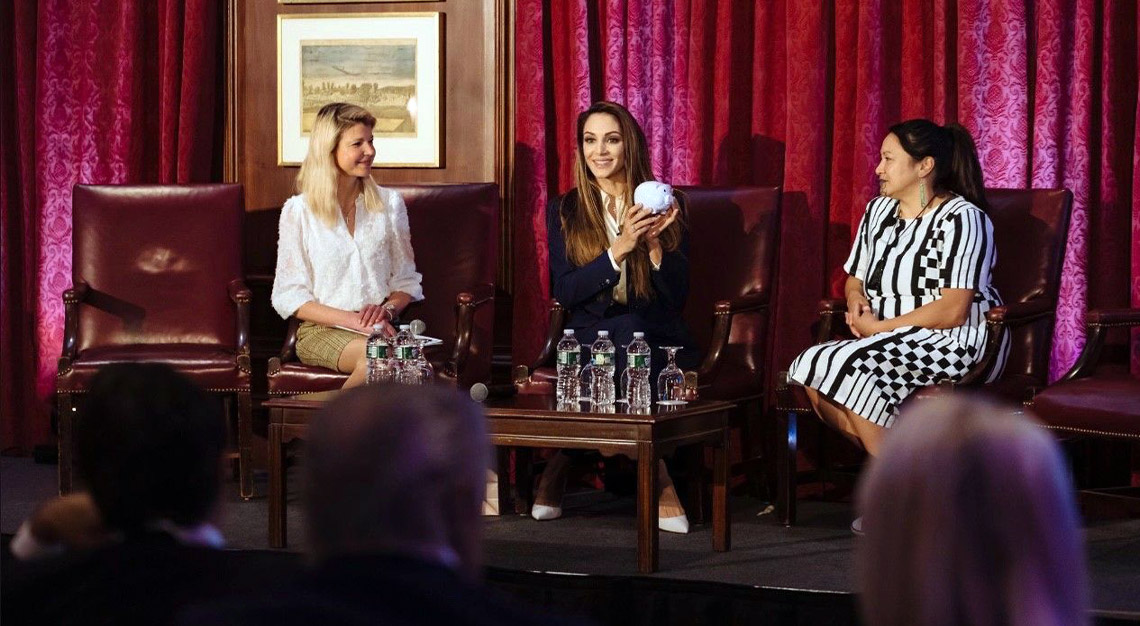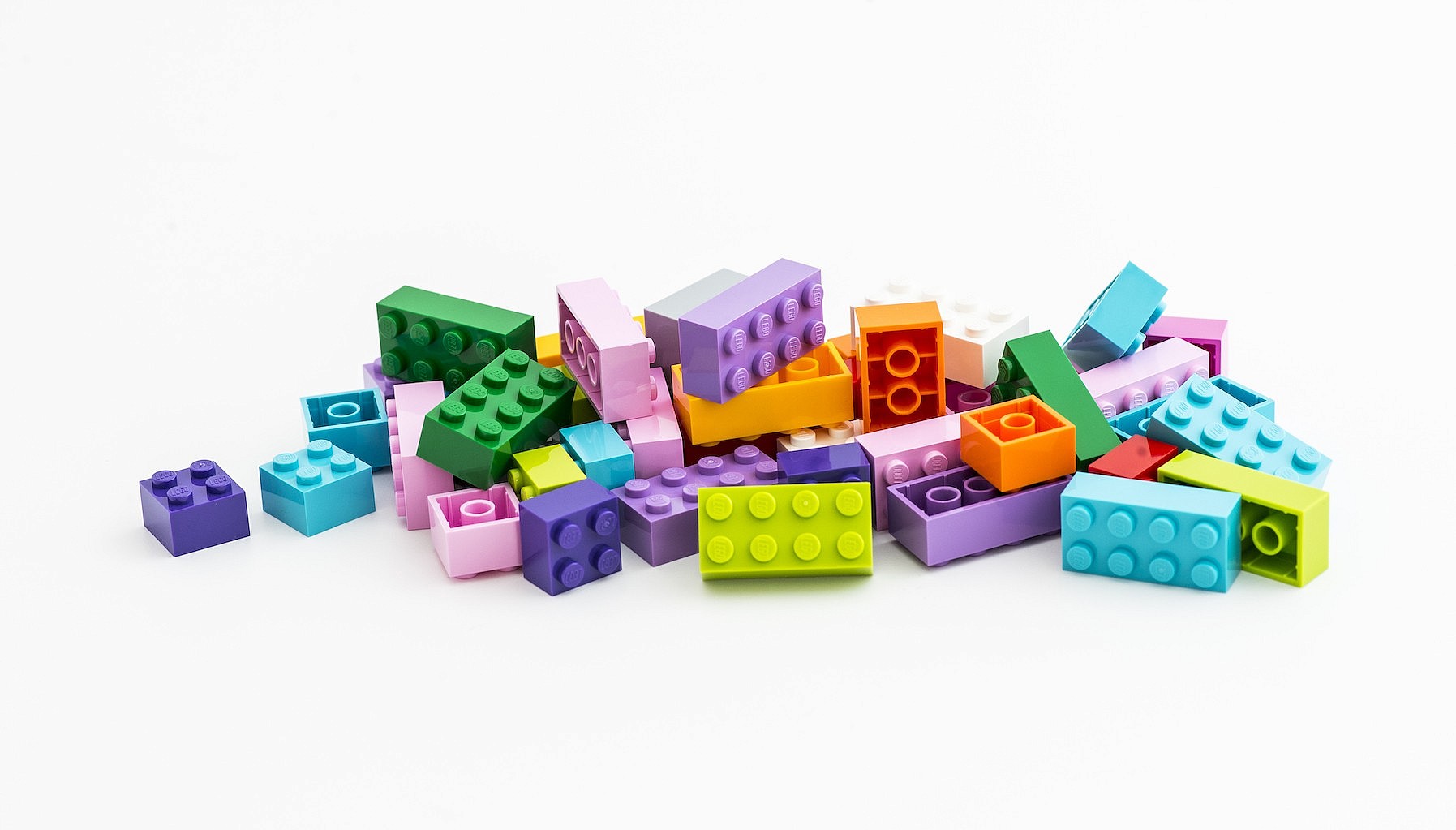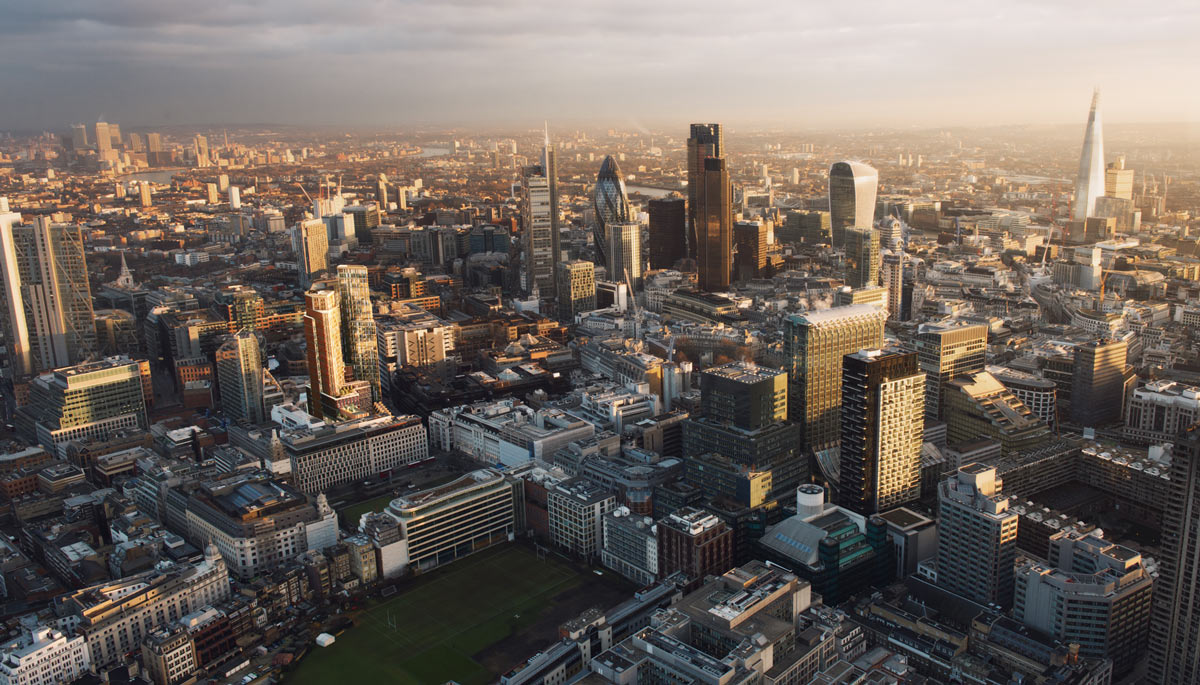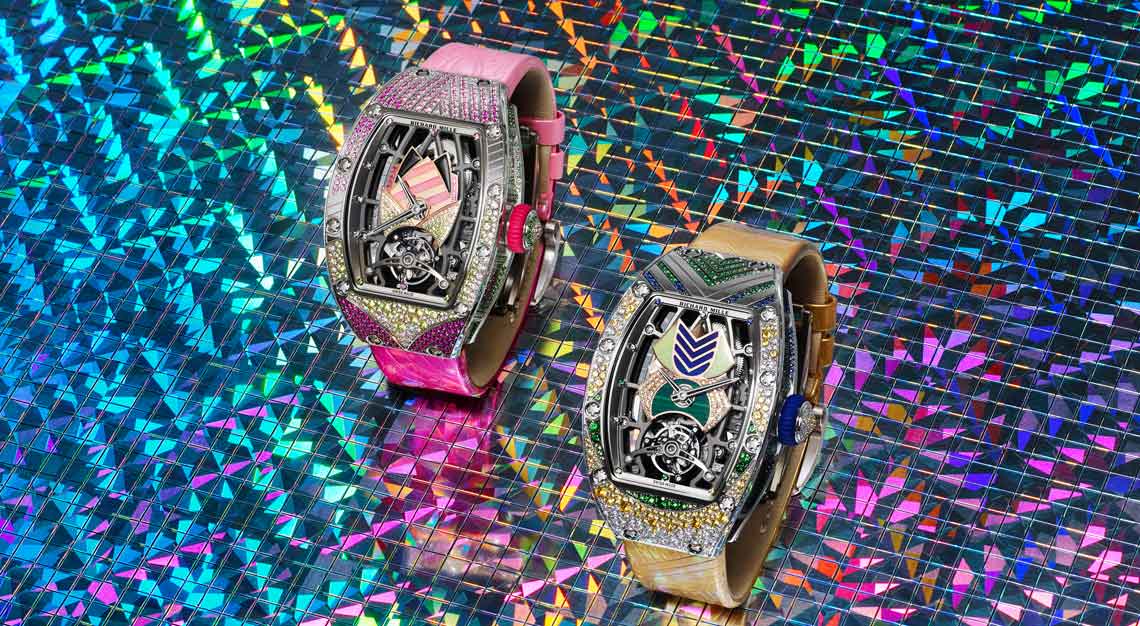The President of Russia doesn’t care about money. He simply collects emotions. Andrew Leci provides some investment advice after due consultation with Vlad the Consultant
Vladimir Putin is a shining example of the prudent saver.
According to my sources, which are relatively unreliable, his ‘take home’ pay from his job as President of Russia is around US$140,000 per annum. It’s a decent wage for quite a high-profile job with a fair amount of pressure, but it’s not stratospheric.
He also has some assets, but even they are unremarkable; three cars (marques not specified); a 74 sqm apartment in St Petersburg, and a trailer (presumably for family holidays).
It’s all relatively modest, so we have to admire the man for being able to put enough money aside (on a regular basis one has to assume—in a low-risk fund of some description) to be able to afford the timepieces he is seen to be wearing when dispensing his worldview and wisdom on the international stage. One piece that he occasionally sports, I gather, is a Lange & Söhne Tourbograph, which the above average person would be hard pressed to acquire for less than US$500,000.
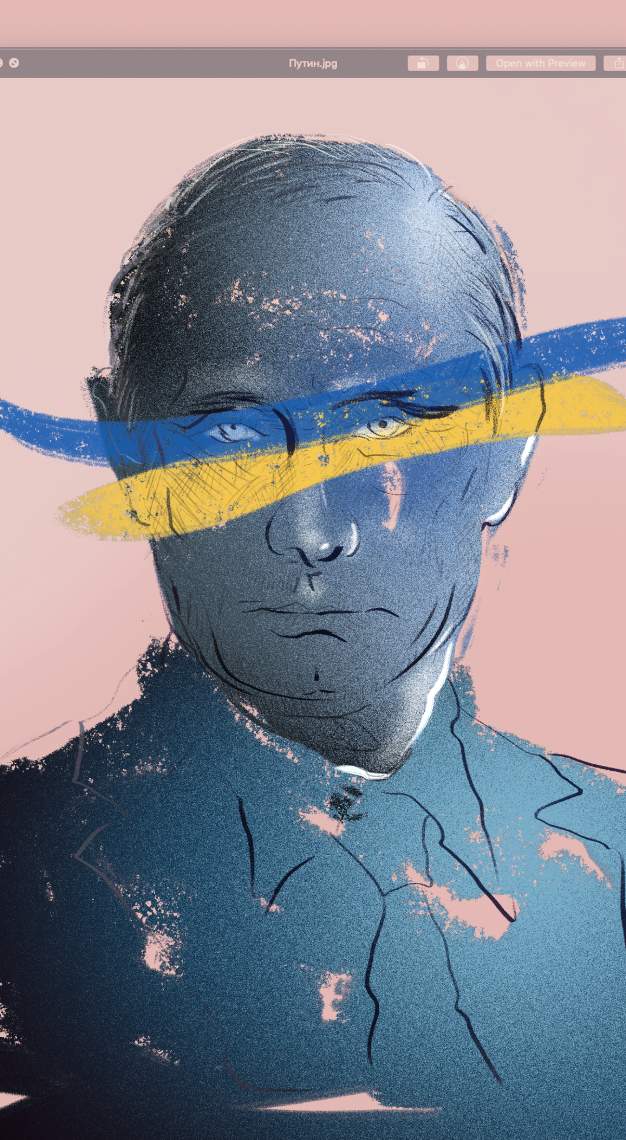
Assuming that Putin, as the consummate saver with a frugal disposition, sets aside a positively thrifty 50 per cent of his salary each year for the purchase of a highly-desirable luxury item—he doesn’t have to pay rent and there’s almost certainly a vending machine in the Kremlin that dispenses reasonably priced borscht—it would only have taken him seven years to get his watch.
This is the kind of financial planning to which we should all aspire. To get what you want, you have to make sacrifices, and it’s clear that Vladimir Putin knows how to tighten his belt when there’s something that he craves.
And yet Putin is clearly not interested in money. He seems to have very different values. “I am the wealthiest man,” he said back in 2013, “not just in Europe, but in the whole world.” He may not be wrong, but that wasn’t his point at the time because he felt the need to insert a significant caveat.
“I collect emotions. I am wealthy in that the people of Russia have twice entrusted me with the leadership of a great nation… I believe that is my greatest wealth.”


He’s half right, because he probably is the richest man in the world. Garry Kasparov (former chess player and now a political activist) suggests that he controls more money than “any other individual in the history of the human race.” This has little, however, to do with the trust of the Russian people, and more to do with a web of anonymous shelf companies and dispersed assets that would confuse and confound a spider with an MBA from Harvard.
While practically nothing is in Putin’s name—except the apartment and much sought-after trailer—somehow the man has control over a US$1.4 billion mansion on the Black Sea (dubbed ‘Putin’s Country Cottage’), and a US$716 million plane (dubbed ‘The Flying Kremlin’).
There’s a lot of dubbing going on here, and more than enough smoke and mirrors to lead the people at Forbes Magazine—who know a thing or two about assessing wealth—to describe assessing Putin’s net worth as, “probably the most elusive riddle in wealth hunting.”
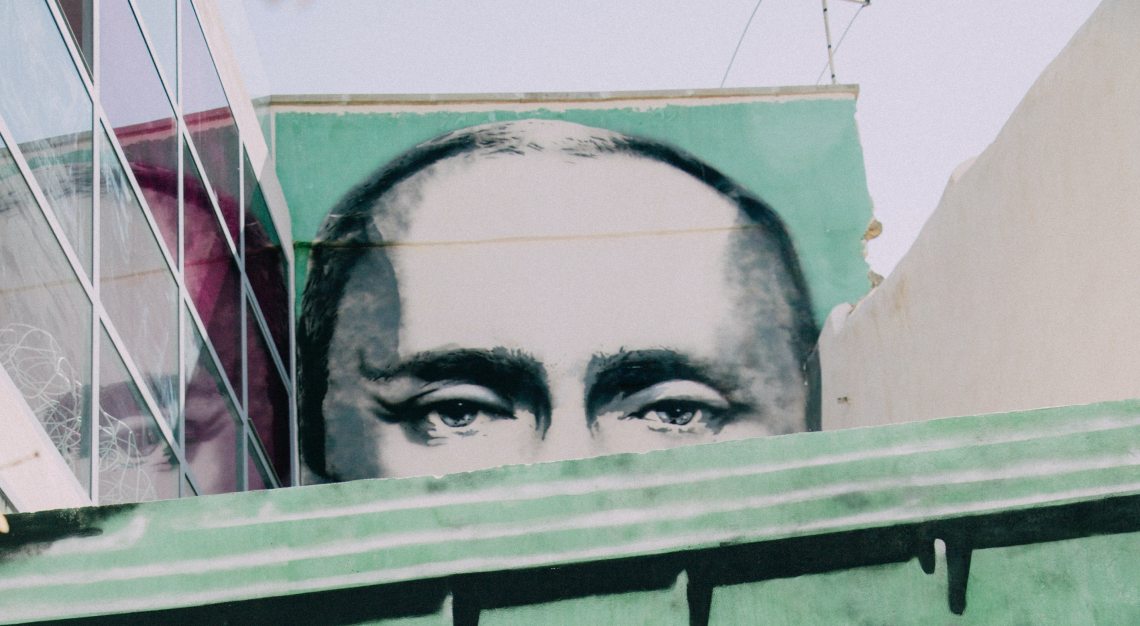
What’s interesting is that most of the wealth Putin has accumulated—probably not out of savings from his salary, as estimates from various (reliable) sources put his UHNW at around US$200 billion—was after 2003.
Three years into his first term as President (he had previously been Prime Minister from 1999 to 2000) a gentleman by the name of Mikhail Khodorkovsky was jailed for fraud and tax evasion and spent the best part of 10 years in prison.
Khodorkovsky (of Yukos fame) was almost the poster boy for the oligarchs’ club at the time, but was critical of Putin and may even have started asking questions as to how the President of Russia could afford such nice watches on a salary of only US$140,000 a year. He was also, apparently, unenamoured of the political process in Russia at that juncture—‘democracy’ being defined with the flexibility of a Soviet era gymnast.
This was prudent saver Putin’s laying down of the marker. ‘Cross me and you’ll suffer,’ he seemed to be saying, ‘but if you give me 50 per cent of what you currently have and don’t queer my pitch on the political scene, I’ll leave you alone to continue your business activities and associated pillage.’
Most of the oligarchs and relevant media mongrels acquiesced and fell into place, while those who didn’t paid the price. Dissenters such as Borises Nemtsov and Berezovsky paid with their lives, as did Alexander Litvinenko. Alexei Navalny is still alive (just) after a signature Novichok effort, as are Sergei and Yulia Skripal.
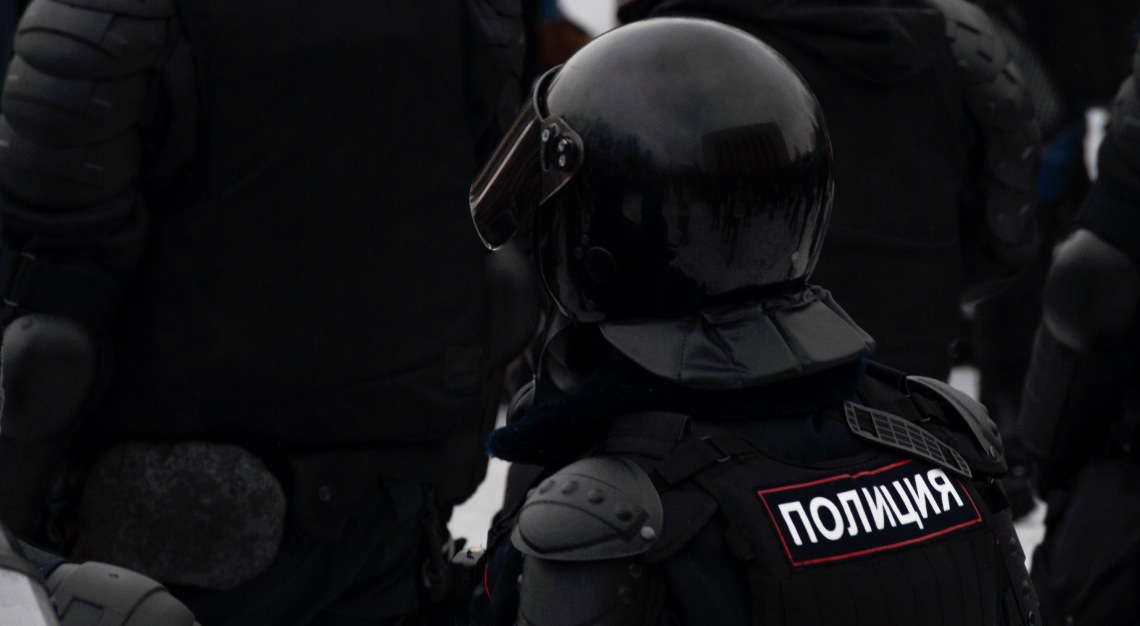
These people are mere tips (that we can see) in the icebergs of Putin’s eradication tactics as the Ukrainian people currently suffer from his wider, more over-vaulting ambitions and intents.
Putin’s not doing any of this for the money. How and when does he ever plan to spend it? Officially he owns diddly squat, and even the 11 million documents released in 2016 as part of the Panama Papers can’t tie him to anything. Such is the Harvard-educated spider’s web that he and his trusted (for now) cronies have woven.
The invasion—I’m sorry the ‘Special Military Operation’—of/in Ukraine may have nothing to do with money. Putin’s not interested in money; only in collecting emotions. At US$1 per emotion then, he seems to have managed to collect 200 million of them, and he’s still only 69 years of age.
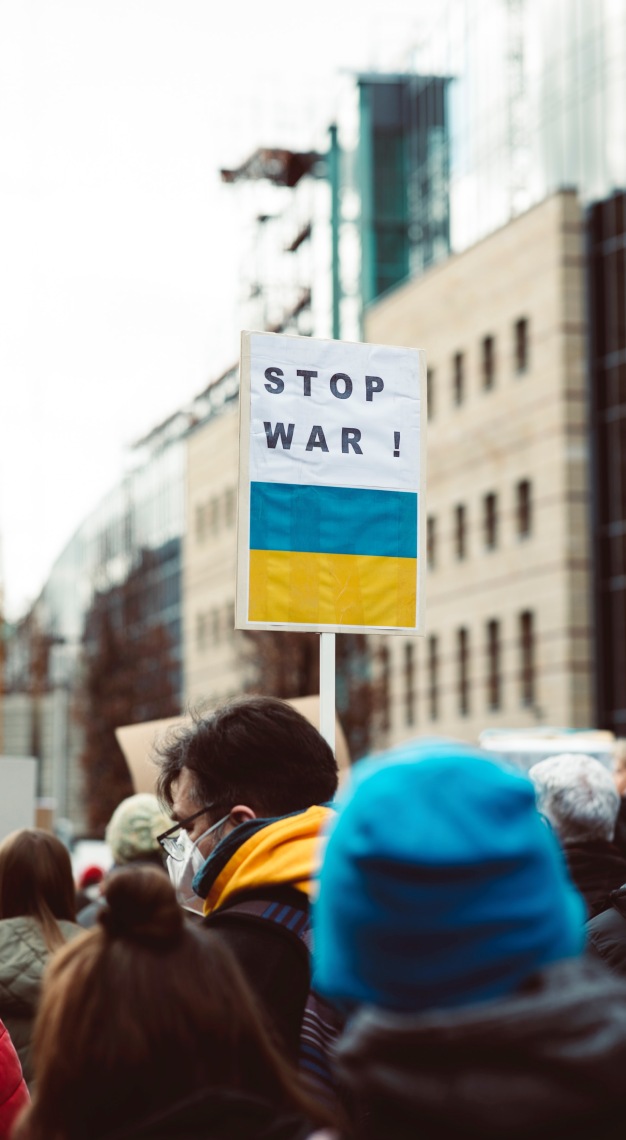
The conscious world lives in hope that what Vladimir Putin intends to be his legacy to the Russian people is rejected by everyone except those for whom access to information is nothing other than state-run television. Putin has become a global pariah, and until he is knocked off his self-constructed perch, his country will be an international one.
Personally, I would be happy to visit him in prison while he serves his sentence for crimes against humanity and help him wind his watches—assuming he’s allowed to keep them. But then the Lange & Söhne Tourbograph is self-winding, so perhaps I won’t bother.

